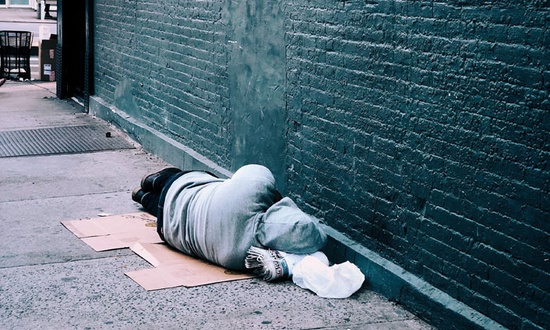The advantages and dangers of socialism is a hotly debated topic in today’s culture. There’s much that could be said about both capitalism and socialism, but of special interest to believers is how both systems help or hurt the poor.
Unfortunately, those who laud socialism ignore the fact that historically the poor usually fare better in capitalist economies. They also fail to recognize that when the profit incentive is removed from labor, someone must find another way to motivate people to work. There’s only one other way that works—coercion. The capitalist says, “You scratch my back and I’ll scratch yours.” Socialism ends up saying, in effect, “You scratch my back or I’ll break yours.”
Can capitalism sometimes involve exploiting the poor? Of course. Does socialism lead to the oppression of the poor? Inevitably. The point isn’t that capitalism is a perfect system, but that the alternatives are worse. It isn’t a systemic problem, it’s a sin problem. Any economic system will work where there’s no sin. None will work ideally when there is sin, but some will work better than others.
Phillip Holmes recently wrote a perceptive article for Desiring God addressing the heart of socialism.
Socialism is trending in the minds of many Americans. Some love it, some hate it, and others are indifferent to it. Some Christians argue that it’s evil, while others argue that it’s morally good or neutral. Those that argue for its wickedness often fail to condemn the crony capitalism and corporate welfare that is widespread in the United States; therefore, their arguments often fall on deaf ears with socialist sympathizers. The arguments for its moral good or neutrality typically appeals to emotion, rather than evidence, which is considered insufficient for those that oppose it.
The face that comes to mind when we think of socialism in this election cycle is that of Bernie Sanders—the self-proclaimed democratic socialist. But the reality is that forms of socialism have been a part of the fabric of America since the public school system (late 1800s) and FDR’s New Deal (1933–1938). Martin Luther King rightfully critiques the state of the country during his life when he said, “This country has socialism for the rich, rugged individualism for the poor.”
Furthermore, socialism is extremely difficult to pin down and most will agree that there are varying degrees of socialism. You’d be hard pressed to find a consensus on the Internet of what components embody a socialist government. But for my purposes here, I will use the definition provided by John Piper:
A social and economic system that through legal or governmental or military coercion—in other words, you go to jail if you don’t do this—establishes social ownership at the expense of private or personal ownership and/or you could say where coercion is used to establish social control—if not ownership, at least control of the means of production in society. And thus, through control, you effectively eliminate many of the implications and motivations of private ownership.
In other words, Socialism borrows the compassionate aims of Christianity in meeting people’s needs while rejecting the Christian expectation that this compassion not be coerced or forced. Socialism, therefore, gets its attractiveness at certain points in history where people are drawn to the entitlements that Socialism brings, and where people are ignorant or forgetful of the coercion and the force required to implement it — and whether or not that coercion might, in fact, backfire and result in greater poverty or drab uniformity or, worse, the abuse of the coercion as we saw in the murderous states like USSR and Cambodia.
Few question whether those who advocate for socialistic forms of government have good intentions. They clearly seem to care about the poor. Some, like Senator Sanders, want to fight much of the corruption that is currently in Washington. But as the saying goes, “The road to hell is paved with good intentions” (though, no, I’m not here condemning anyone to hell). In other words, the good intentions of “social programs” (a term I will continue to use below) will have unexpected bad consequences in the long run.
Photo credit: Gabby Orcutt via Unsplash



